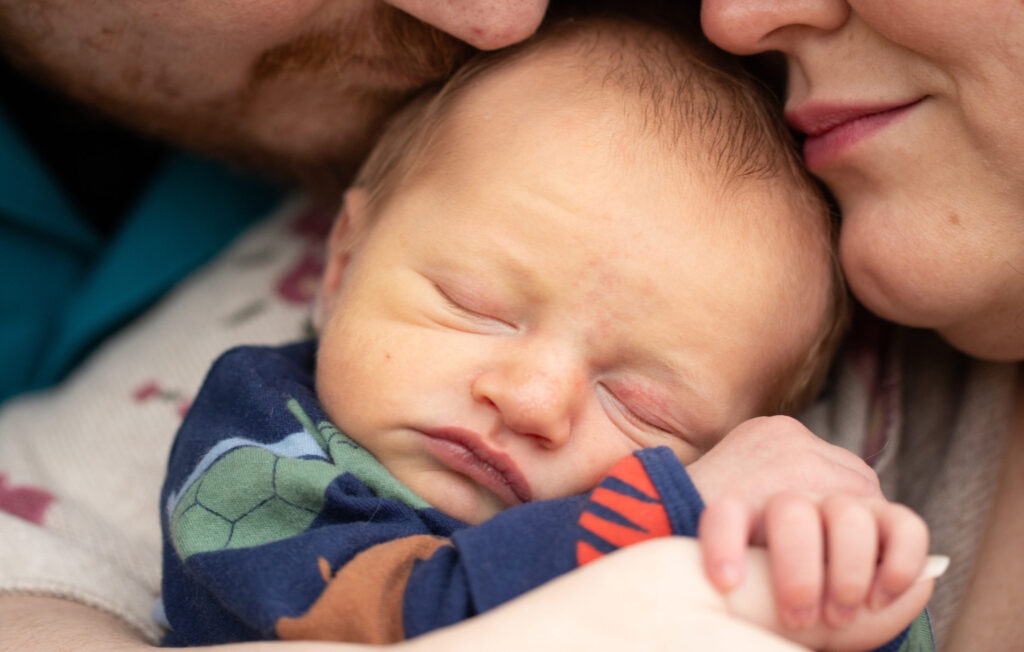Discover what affects egg quality and quantity decline and how our clinic can help
 Many patients at our Tennessee fertility clinic are curious to learn what factors influence egg quality and quantity decline. The number of eggs a woman has, also known as her ovarian reserve, and the quality of those eggs, affect her chance of developing a healthy pregnancy.
Many patients at our Tennessee fertility clinic are curious to learn what factors influence egg quality and quantity decline. The number of eggs a woman has, also known as her ovarian reserve, and the quality of those eggs, affect her chance of developing a healthy pregnancy.
Our clinic provides evaluations such as blood tests and ultrasounds to help a woman determine the quality and quantity of her eggs. If these tests reveal certain issues, we can help her take the next step toward pregnancy by creating an effective treatment plan.
Age is the primary factor that affects egg quality and quantity decline
While men produce sperm throughout their life, women are born with all the eggs they’ll ever have. As such, that reserve steadily declines with age. In addition to a decline in ovarian reserve, the quality of a woman’s eggs also diminishes as she ages.
Various facts can provide a more in-depth look at the influence of age on egg quality and quantity.
- A woman has approximately five to seven million eggs at birth.
- By the time a woman reaches puberty, she has 300,000-500,000 eggs.
- According to the American Society for Reproductive Medicine (ASRM), a woman will ovulate about 300 eggs throughout her life.
- The eggs a woman’s body does not release, degenerate over time. Atresia is the term for the natural degenerating process.
- As a woman ages, she has a higher chance of having eggs with genetic abnormalities. This issue can result in the development of an embryo with too many or too few chromosomes. This can make it difficult for a woman to develop a healthy pregnancy.
Because of egg quality and quantity decline, a woman’s chance of becoming pregnant starts declining in her 30s and drops significantly after age 37. By the time a woman is 40, she has less than a 5% chance of getting pregnant each cycle.
If a woman has difficulty conceiving because of a diminished ovarian reserve and egg quality, our Tennessee fertility clinic can help.
How our clinic helps women with diminished egg quantity or quality
If fertility evaluations reveal issues from egg quality and quantity decline, there are various treatments doctors at our Tennessee fertility clinic can recommend. These treatments often result in the birth of a healthy baby.
IVF. IVF is a popular and effective treatment that involves the woman taking ovulation induction medications while receiving regular monitoring at our clinic. When enough eggs mature, the doctor retrieves them and sends them to the lab. An embryologist then fertilizes the eggs with sperm from the woman’s partner or chosen sperm donor. Finally, the doctor transfers one of the resulting embryos into the woman’s uterus.
Preimplantation genetic testing (PGT). If the doctor suspects a woman has low-quality eggs, they might recommend PGT. This testing helps the doctor transfer a healthy embryo into the woman’s uterus. PGT consists of an embryologist performing a safe trophectoderm embryo biopsy on the woman’s embryos to determine which are euploid, or chromosomally normal.
Donor eggs. The doctor might suggest using donor eggs if a woman does not develop a healthy pregnancy after IVF with PGT. Our clinic can connect patients with high-quality egg donors who undergo comprehensive screening.
In addition to these treatments, our clinic provides egg freezing for women who would like to postpone motherhood until their late-30s or 40s. Contact us for more information about ovarian reserve and egg quality.







